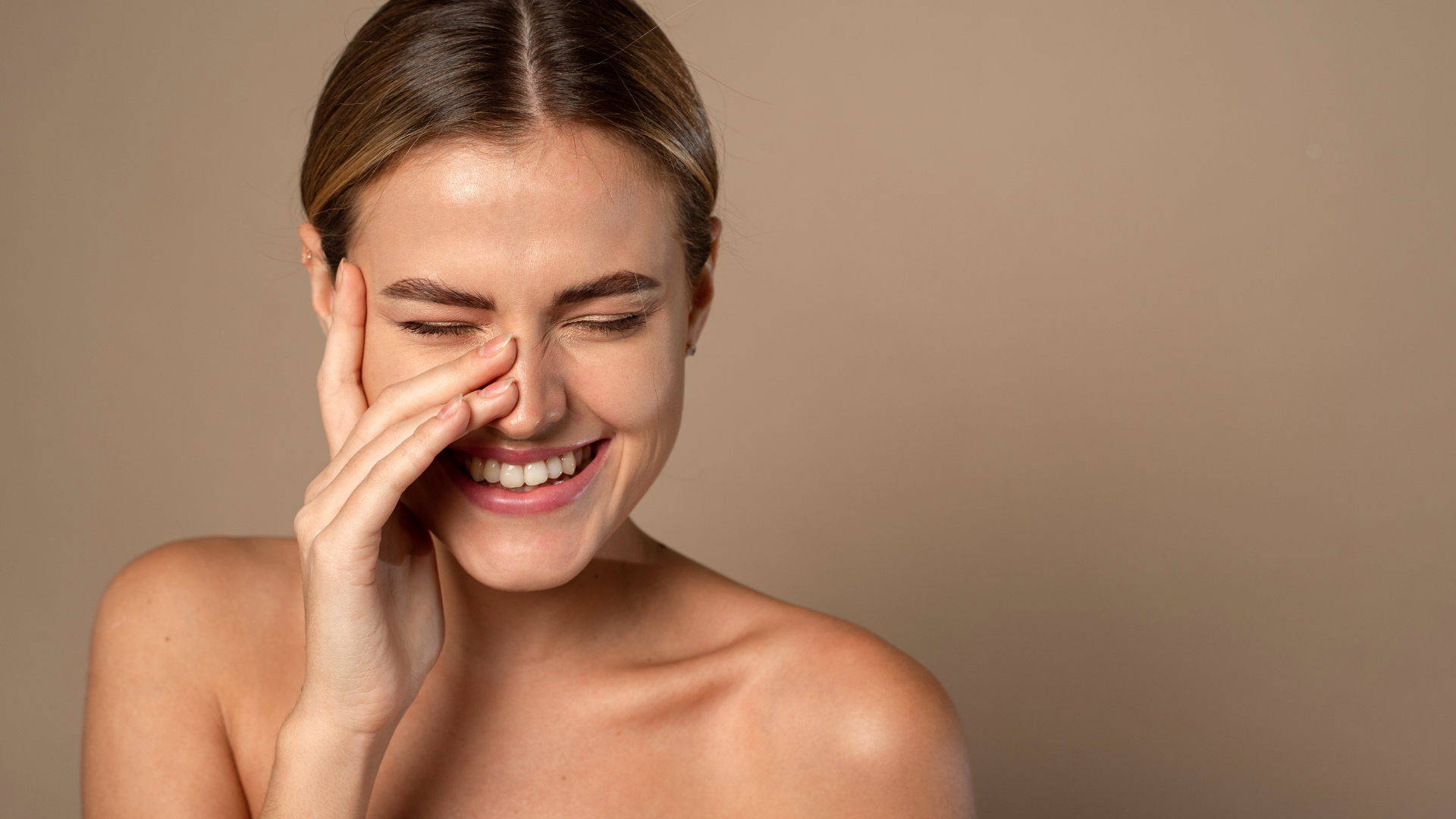Market research agency Mintel has published its latest report on beauty and personal care in which they preview what the next trends will be in 2024. One clue: the holistic view of beauty is here to stay.
NeuroGlow: as Mintel points out, society is going through a moment in which it is prioritising mental health and is convinced of the relationship that exists between the wellbeing of the body and the mind. Mintel adds that in the coming year neurobeauty and psychodermatology will gain importance in the cosmetics market and that more and more beauty consumers will succumb to beauty rituals and routines in search of wellness and a new sensory experience that promotes better quality and, therefore, healthier skin.
This 'macro-trend' does not forget a more 'micro' trend that has been with us for several years, which is none other than personalisation. The search for mental wellbeing is not the same for everyone, which is why many brands may include supplement plans, skincare routines and personalised care practices.
Some brands have already gone ahead and included certain ingredients that improve our mental state by reducing stress levels in the formulation of some of their products. Biome+, for example, uses ashwagandha which provides an adaptogenic and nootropic boost.
Mintel sees the possibility of brands starting to actively include artificial intelligence, virtual reality and augmented reality applications to create new beauty experiences to strengthen the connection between mind and skin and improve their appearance.
Beauty-AI: Brands will take advantage of the multiple opportunities that artificial intelligence provides. These advantages, as Mintel points out, will help customer feedback on social media to identify gaps and source innovative products tailored to specific needs. However, one of the main challenges that cosmetics and beauty brands will face is transparency. Those companies will prioritise building trust among consumers and will prioritise data protection and privacy. Artificial Intelligence will also help brands to adapt to new generations of consumers and study trends and preferences to offer personalised recommendations and create interactive experiences. Some alternatives are already with us today, such as virtual beauty assistants that provide personalised advice. In retail, AI will be integrated with the physical shop through smart mirrors, interactive screens and kiosks for personalised recommendations and virtual trials.
Sophisticated simplicity: the 'quiet luxury' we experience in the fashion world is now being transferred to the cosmetics industry. The beauty industry is undergoing a paradigm shift as consumers are now looking for products that prioritise efficacy and functionality over flashy packaging. This trend puts the focus on ingredients and what the product offers over flashiness, attractiveness, superficiality or physicality. In line with the transparency discussed above, consumers now demand clarity about cosmetic ingredients. Brands will be able to emphasise minimalism, simplicity in packaging design where clear, non-abstract lines, muted colours and elegant aesthetics will predominate in the search for 'silent luxury'. All of the above will lead us to perceive the products as a luxury segment with a more premium version.
As Mintel points out, there is a new era in luxury based on minimalism that has been driven by the fashion industry in which the logo or the appearance of the brand has ceded its relevance to other more functional aspects.
